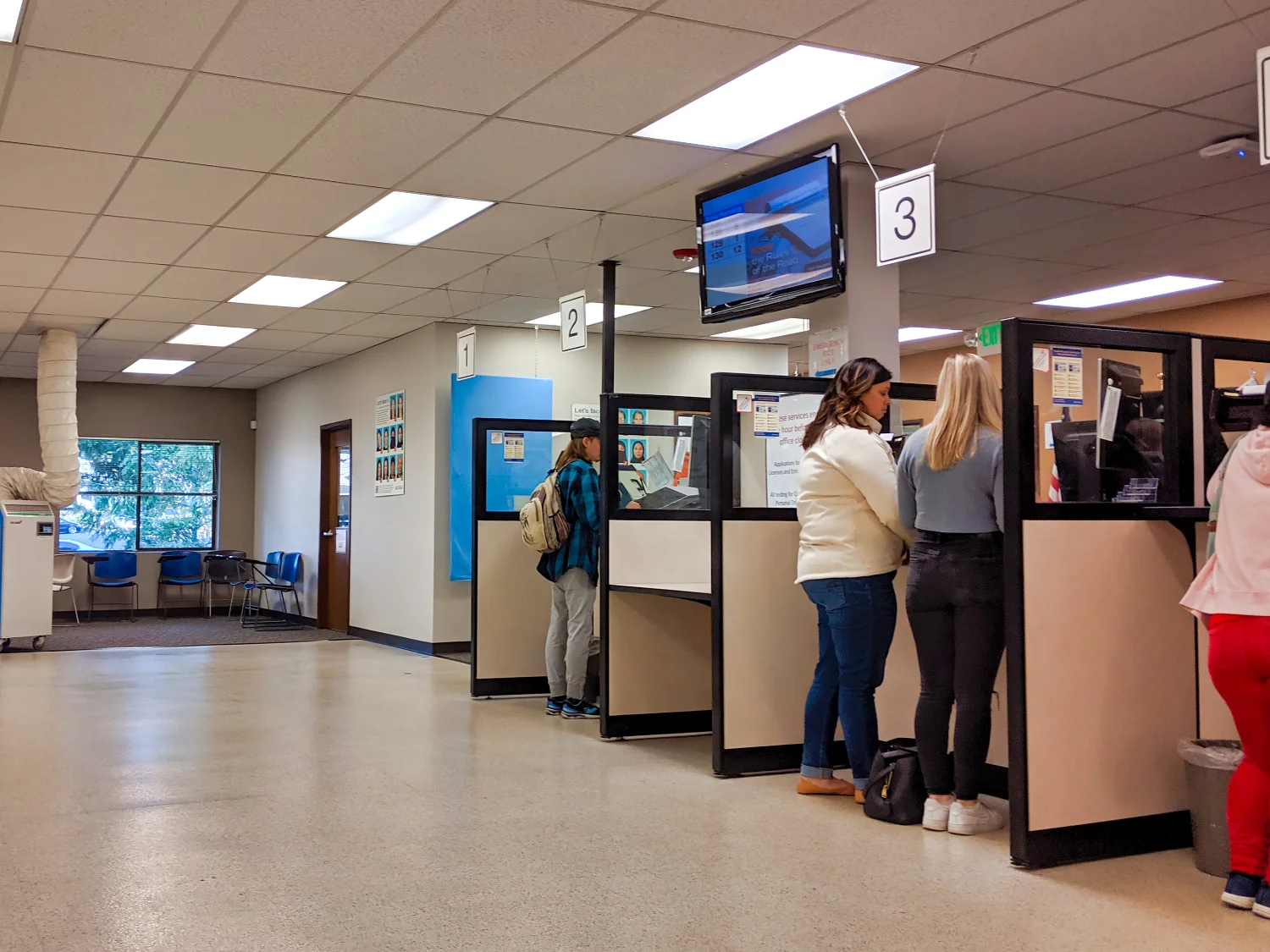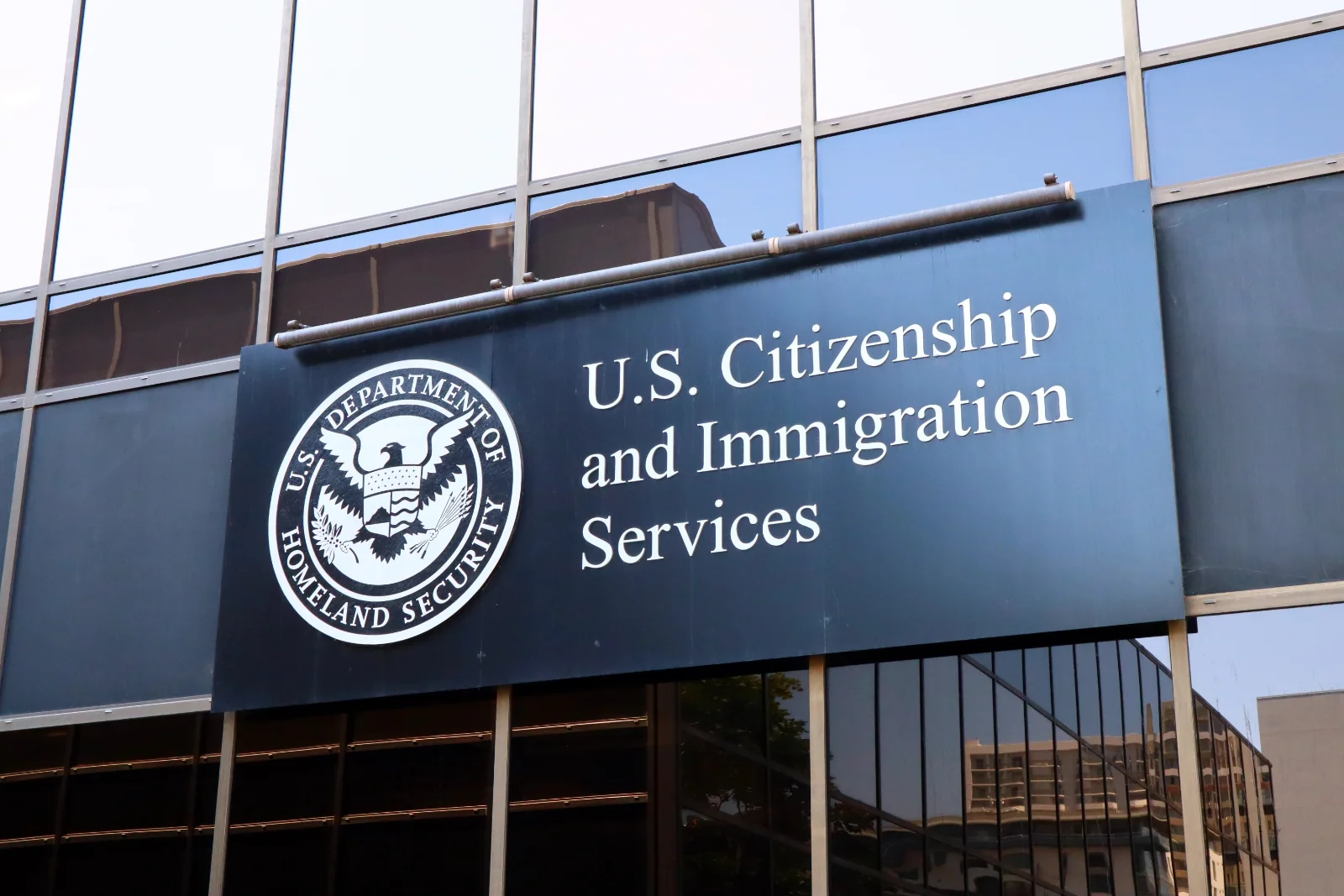Education is often seen as a pathway to opportunity and a critical factor in the integration process. This article examines the transformative role that immigrant families play in shaping the educational landscape of their new communities. It focuses on how parents and community leaders work to overcome barriers—such as language challenges, cultural differences, and economic constraints—to ensure that the next generation achieves academic success.
The article presents a range of initiatives led by immigrant communities, including after-school tutoring programs, bilingual education projects, and community-led literacy workshops. Personal stories of immigrant parents who have made significant sacrifices to provide quality education for their children add a human dimension to the narrative. Experts in education and social policy discuss the positive long-term effects of these initiatives, noting that educational empowerment not only benefits individual families but also drives broader social and economic progress.
In its conclusion, the article calls for increased collaboration between schools, community organizations, and local governments to support educational programs tailored to the needs of immigrant students. It suggests that by creating inclusive, culturally sensitive learning environments, communities can harness the potential of all their members and foster a generation that is both academically accomplished and deeply enriched by a diverse heritage.



